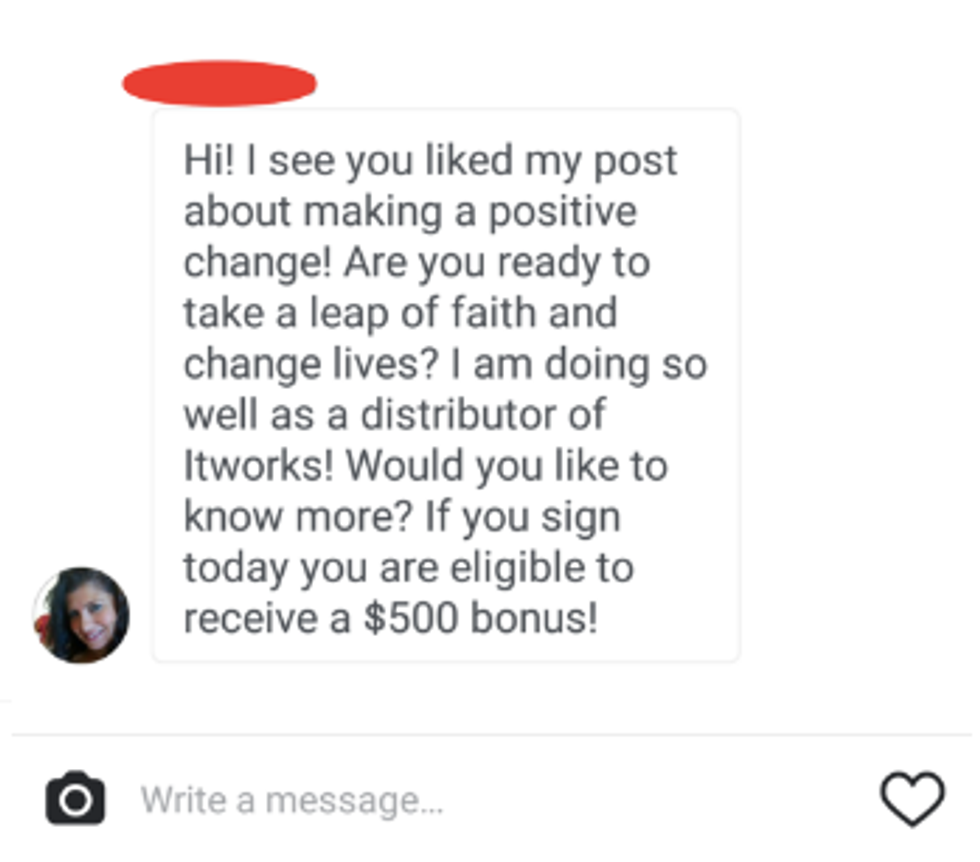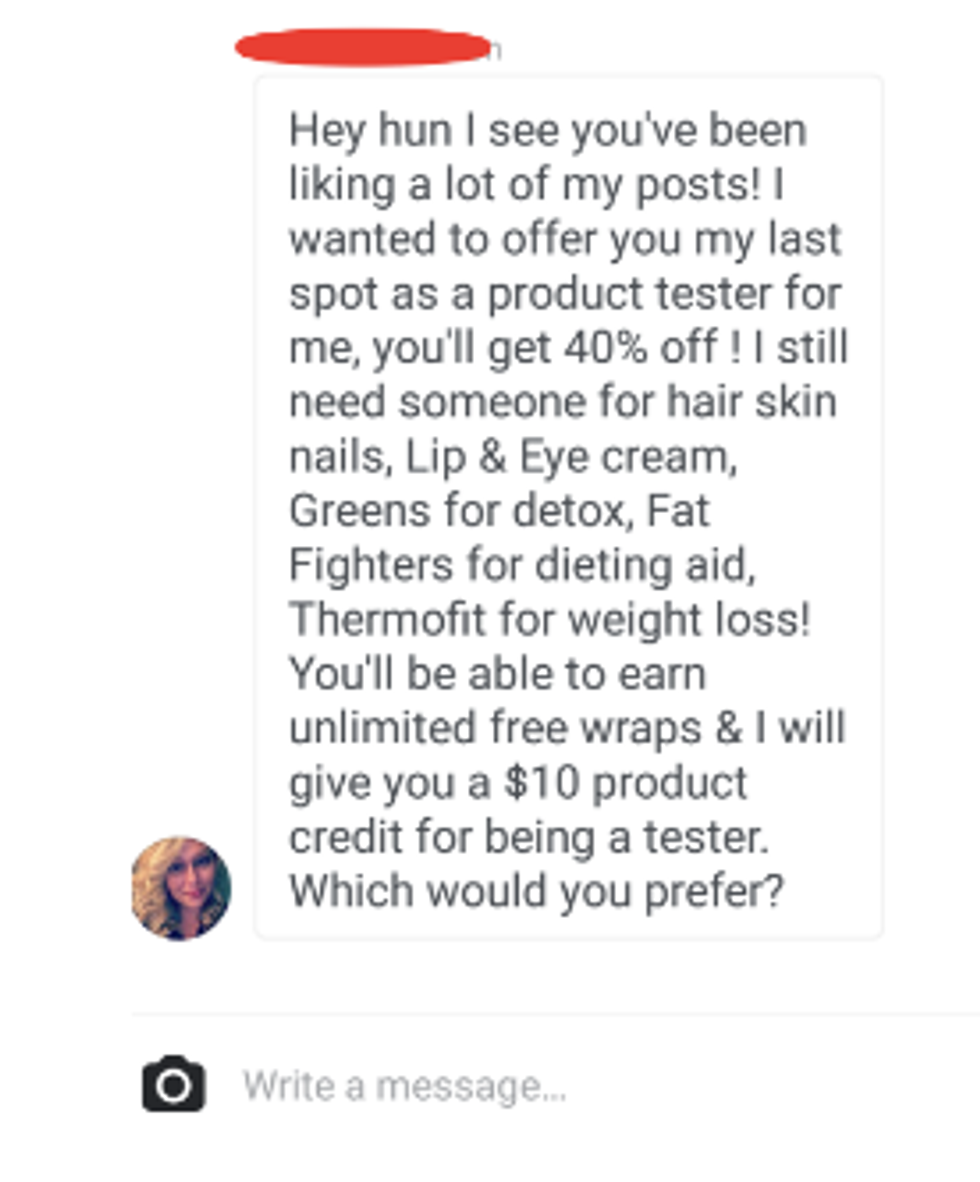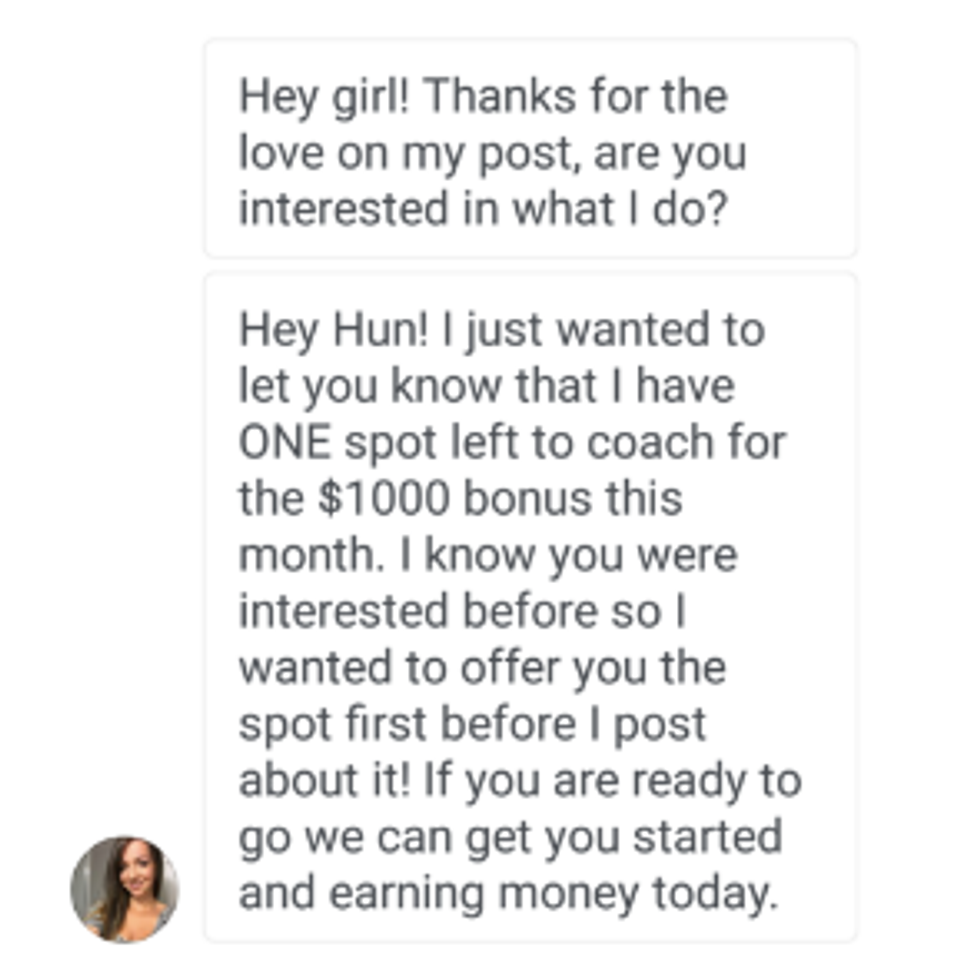How many weight loss ads, on average, do you see in a day? I honestly don't think I entirely comprehend how many at this point. As a kid Hydroxycutt, Slim Fast, and even the Atkins diet were household names. Now that people are sort of rolling their eyes at miracle products, new ones are slowly taking their place with the claim of being "different" and "healthy." Enter: Skinny Teas.
Skinny Teas aren't a new concept. Drink the tea, feel fuller, rev up your metabolism, lose weight. Sound familiar? I know for a fact that Hydroxycut has a product that's essentially the same. I know this because I bought it at a self-checkout in a Walmart when I was sixteen. It was a powder you mixed with water (basically Koolaid) and claimed it would make you feel fuller and boost your metabolism. I didn’t change my diet nor did I start working out. I just drank the weird powder and waited for the magic. And guess what. Absolutely nothing changed. I felt a little fuller before each meal because I was bloated from drinking so much liquid so quickly, but other than that, I still had the love handles I was so self-conscious about and I certainly didn’t have toned, defined abs.
I mean, obviously, right?
Losing weight doesn’t happen with a mystical formula or magic drug; it’s actually pretty well known that it relies on a balanced diet and exercise routine. Of course there are other factors like hormones, genetics, and sleep but in actuality, there’s no “secret” to weight loss. It just takes a lot of hard work and dedication. Which is exactly where weight loss products find their entry point: they target self-conscious people at their weakest point.
I was naive, young, and I had been seeing Hydroxycut commercials since I could remember. So many weight loss supplements had flooded my world that I had grown up thinking I had to look like some bikini model naturally. And it’s really hard to escape this damaging mentality.
It took me years to find a balance of healthy eating and working out that worked for me, and even longer to find a community that did the same But even in this community I could not shake the weight loss supplement spam. By simply tagging my Instagram photos with fitness related hashtags, or liking fitness related photos, I began to get messages from unknown users offering me deals to sell these products. All of the messages started with “Hey Hun!” (ew) or a similar gal pal greeting and made promises of fast money and life changing experiences. I was completely shocked that, with just over 200 followers at the time, these people were preying on me.
That’s how these products really get their money; “regular” people like me promote them, giving the illusion of authenticity. It’s easy to see that Kim Kardashian is sponsoring products when she holds up a mug of Fit Tea and tags the post with #ad. But when someone from around the block is recommending Thermofit, it’s harder to really see who is getting paid and who isn’t. I really love my American Eagle jeans (they're amazing) and if I made a post about it on Instagram, I doubt my friends would think I was getting paid to do so. What would make them think otherwise if I claimed to love a fat fighter or body wrap?
Here’s the bottom line: don’t fall for these corner-cutting products. Don’t waste money on a product that feels the need to assure you that it’s really real. Don’t let products and ad agencies tell you your body isn’t toned or thin enough. Don’t let someone use you and your fitness journey to make a personal profit.
If you want to lose weight, you owe it to yourself and your health to do it the right way.
























